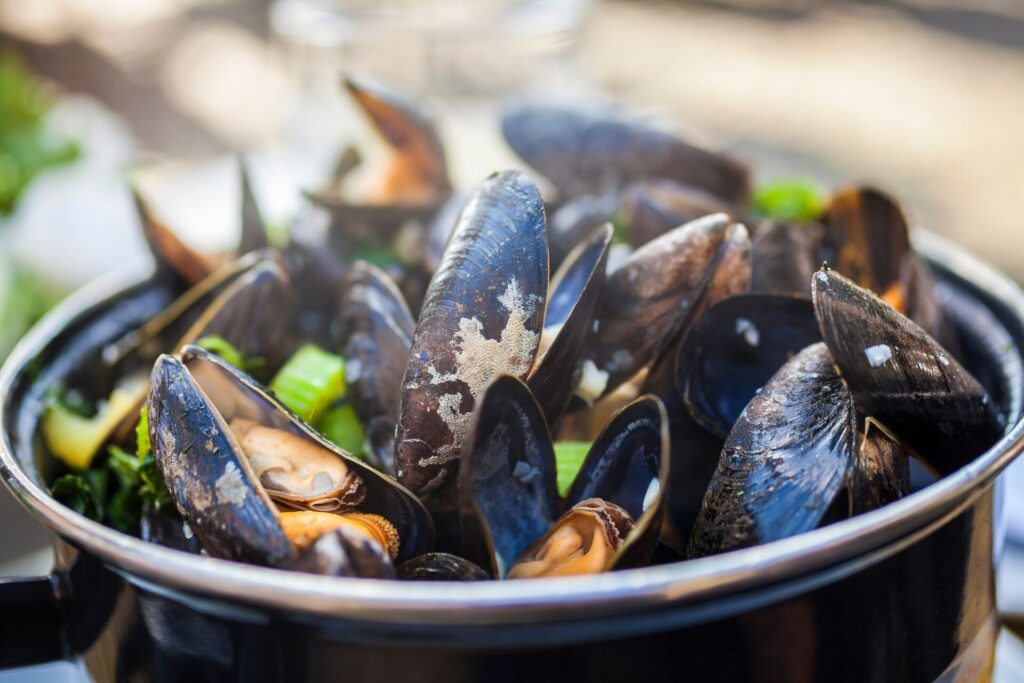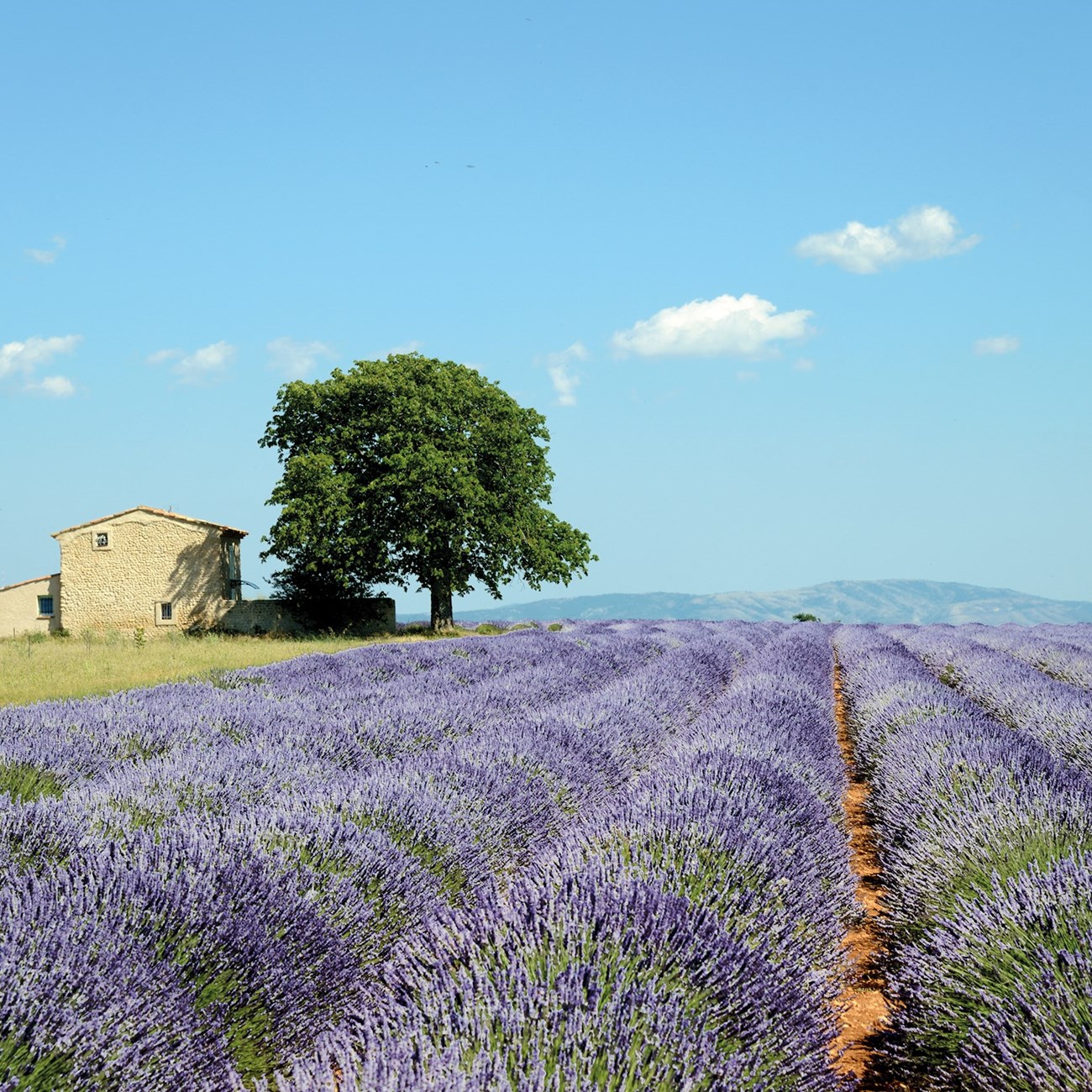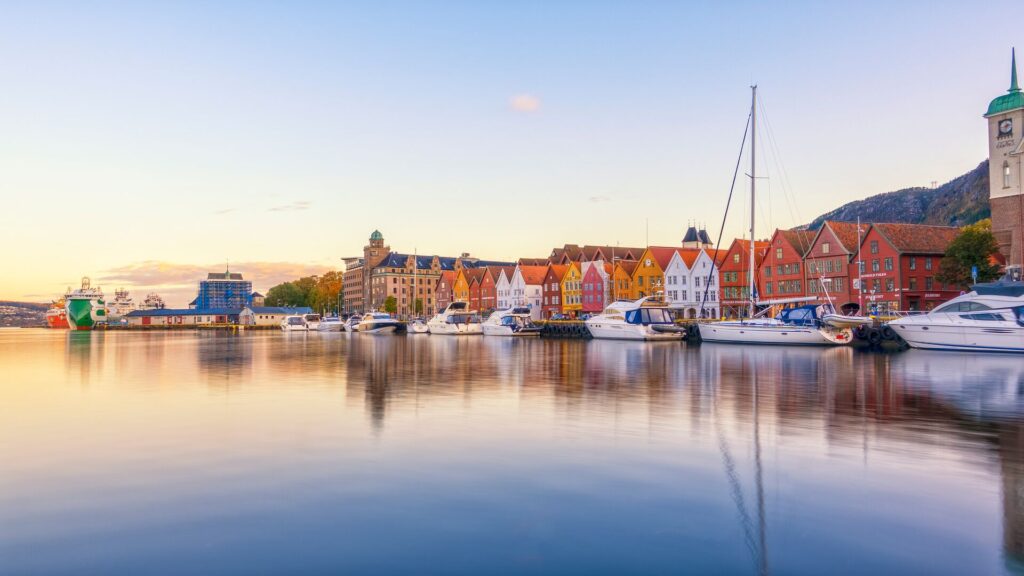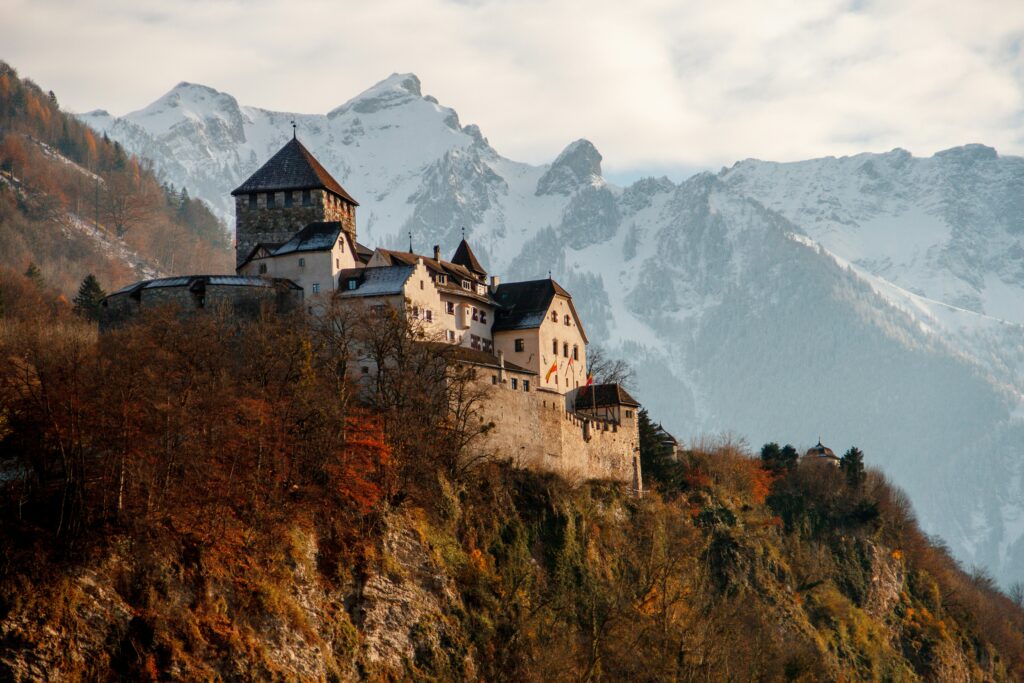30 Common French Phrases Every Traveler Should Know
Ah, France! A land of delectable pastries, picturesque streets, and, of course, the enchanting language that dances off the tongue like a sweet melody. Whether you’re sipping café au lait in a bustling Parisian café or navigating the charming villages of Provence, knowing a few key French phrases can elevate your travel experience from “lost in translation” to “bonjour, mon ami!”
For those planning a trip to France, we spoke to Travel Director and Frenchman Arnaud, to find out some common French phrases that will really help you out. This will ensure you charm the locals, order like a pro, and perhaps even earn a few smiles along the way. By the end you will comfortably speak French (or at the very least, will be seen to have made the effort), as we dive into the delightful world of francophone finesse.
“Learning French may seem daunting, but when it comes to making a good first impression, learning a few key phrases you can go a long way,” says Arnaud. “The French will be pleased you tried. Some French words are a bit harder to pronounce, and you may sometimes get some strange looks, but with a bit of practice you’ll be on your way in no time.”

Travel Director Arnaud says that making an effort to learn French goes a long way.
1. Basic words and essential greeting phrases
“In France, first impressions count,” says Arnaud. “But fortunately, greetings and basic exchanges are very easy to master. Over and above Oui / Non meaning Yes / No, some of the most important French phrases to learn are:”
Bonjour – Hello / Good morning
Bonsoir – Good evening
S’il vous plaît – Please
Merci – Thank you
De rien – You’re welcome
Excusez-moi – Excuse me
Au revoir – Goodbye
Pardon/Désolé – sorry
Ça va? – How are you?
“Ça va” is a common French phrase used to ask how someone is doing or to express that you are fine,” explains Arnaud, “It’s versatile and can be used in both casual and formal situations, making it essential for everyday conversations in French.
“However, the ca va, ca va exchange can cause amusement to non-French speakers, as the reply to “Ça va?”, if you’re doing well, is also “Ça va! If you want to take it up a notch you can say “Ça va bien!” which means “It’s going well! or if you’re not feeling great, you might say “Ça ne va pas.”
2. Asking for help and directions
“The French are friendly people and happy to help our visitors in need,” says Arnaud. “We’re also very expressive when we communicate. If you have lost your way, or need some help, then these phrases combined with hand gestures and facial expressions will get you to your desired destination.”
Pouvez-vous m’aider? – Can you help me?
Parlez-vous anglais? – Do you speak English?
Où est…? Ou est le musée – Where is…?
Où sont…. : Where are…. ? Ou sont les toilettes
Quelle heure est il – what time is it?
Je cherche… – I am looking for…
C’est loin? – Is it far?
Est-ce que c’est à gauche ou à droite? – Is it to the left or right?
Pouvez-vous répéter, s’il vous plaît? – Can you repeat, please?
3. Ordering food
“For the French, food isn’t just sustenance; it’s a passionate love affair!” says Arnaud. “Meals are sacred rituals, often lasting hours, where laughter and conversation flow as freely as the wine. Whether savoring coq au vin or indulging in a rich chocolate mousse, the French elevate eating to an art form. To order food for yourself, there are many basic French phrases that can get you a long way.”
Je voudrais… – I would like…
L’addition, s’il vous plaît – The bill, please
Qu’est-ce que vous me recommandez? – What do you recommend?
Avez-vous un menu en anglais? – Do you have a menu in English?
C’est délicieux! – It’s delicious!
J’ai besoin d’un verre d’eau – I need a glass of water
Sans gluten, s’il vous plaît – Gluten-free, please
4. Beware of literal translations
“When ordering food and drink beware of making literal translations,” says Arnaud. “A friend of mine visiting France from abroad ordered a ‘café noisette’ expecting a lovely large nutty tasting coffee. But actually, it is a tiny little coffee with just a dash of milk, a similar size to a small nut!
“Another one the confuses guests sometimes is when they ask for a side salad, believing they’re going to have a salad with a little bit of onions, tomatoes, cucumbers etc, when actually in France, salad is basically lettuce. And so what you get, most of the time, is just couple of green leaves with a vinaigrette dressing.”

5. One person’s fizz is another person’s…
“Another funny story is of an Australian lady who ordered a white wine spritzer in a bar. The bar tender had never heard of mixing white wine with sparkling water but obliged with instructions from the guest. However, she was also curious and made one for herself, but when she tried it she made a disgusting face and advised “madam, in France if you want to drink sparkling wine, you drink champagne!”
SAVE UP TO $2,000 PER COUPLE* ON YOUR FIRST PREMIUM TOUR.
Plus receive latest offers, travel inspiration, and discover how your travels will make a positive impact. Together, WE MAKE TRAVEL MATTER®. Subscribe Now6. Transportation and getting around town
“Whether you are exploring country lanes on a vintage bicycle or gliding through the city on the Métro, every mode of transport in France has its charm” says Arnaud. “Getting around can be easy with these basic French words and phrases.”
Où est la station de métro? – Where is the subway station?
Un ticket, s’il vous plaît – A ticket, please
À quelle heure part le train? – What time does the train leave?
Je voudrais un taxi – I would like a taxi
Combien ça coûte pour aller à…? – How much does it cost to go to…?
Est-ce que ce bus va à…? – Does this bus go to…?
“When asking for directions in France, don’t forget that they pronounce things differently, particularly place names,” reminds Arnaud, “For example is the city of Reims, the capital of Champagne province. English speakers call it “Rims” whereas it is pronounced very differently in French, and the French do get frustrated! I My best piece of advice for place names is to listen to how they are spoken on a translator app, or to have it written down for ease of all involved.”
7. A beautiful country with a beautiful language
“The key with speaking to anyone in a new language is to never forget to take your time, even if you are in a rush,” says Arnaud. “Always say, bonjour, excusez-moi, and then try to ask your questions and 99% of the time people will be inclined to help you. In main cities like Paris and Nice you’ll also find that many people will happily reply in English to help you out. France is a sensational country and we can’t wait to meet you.”
LIKED THIS POST? SHARE WITH YOUR COMMUNITY






